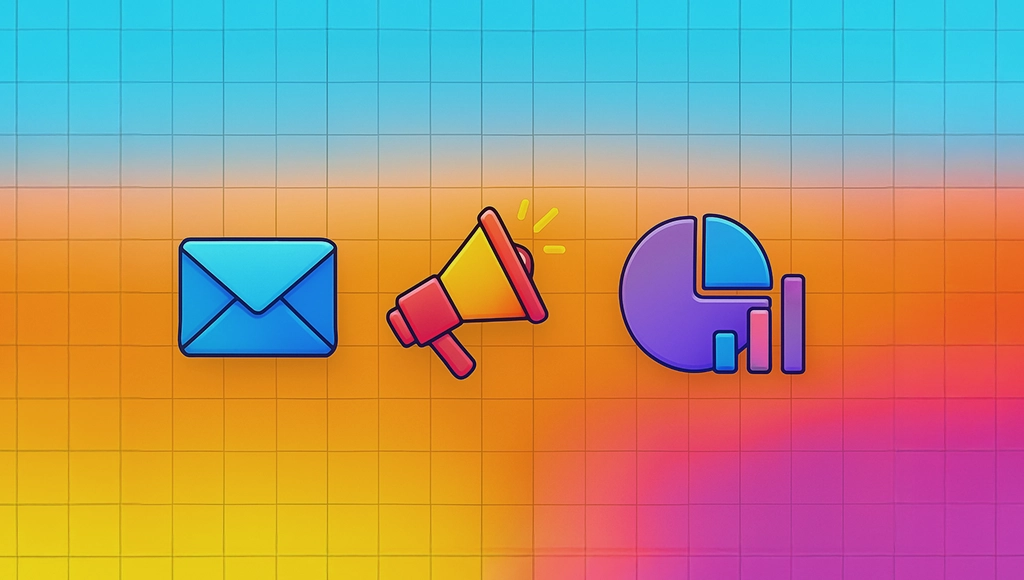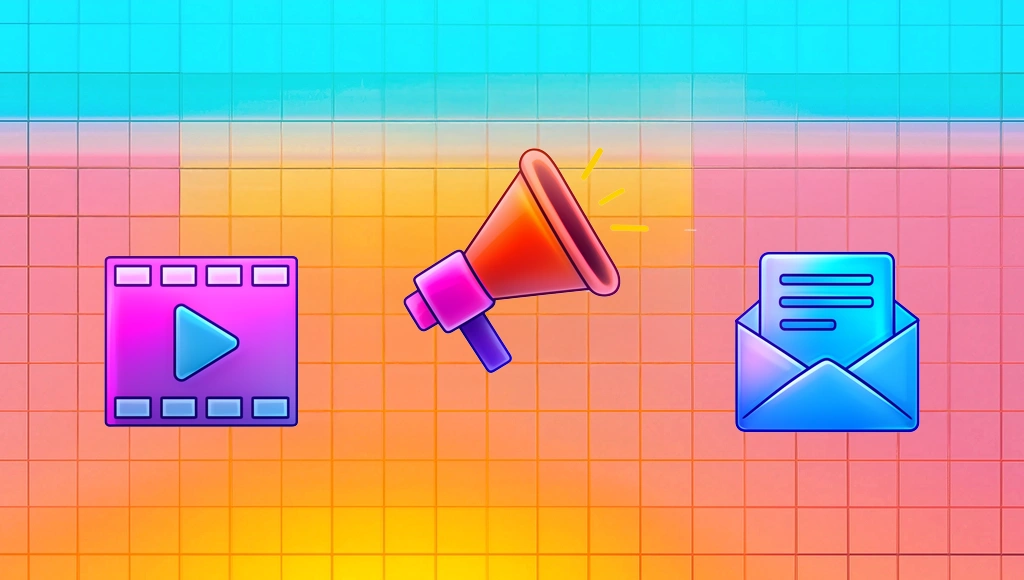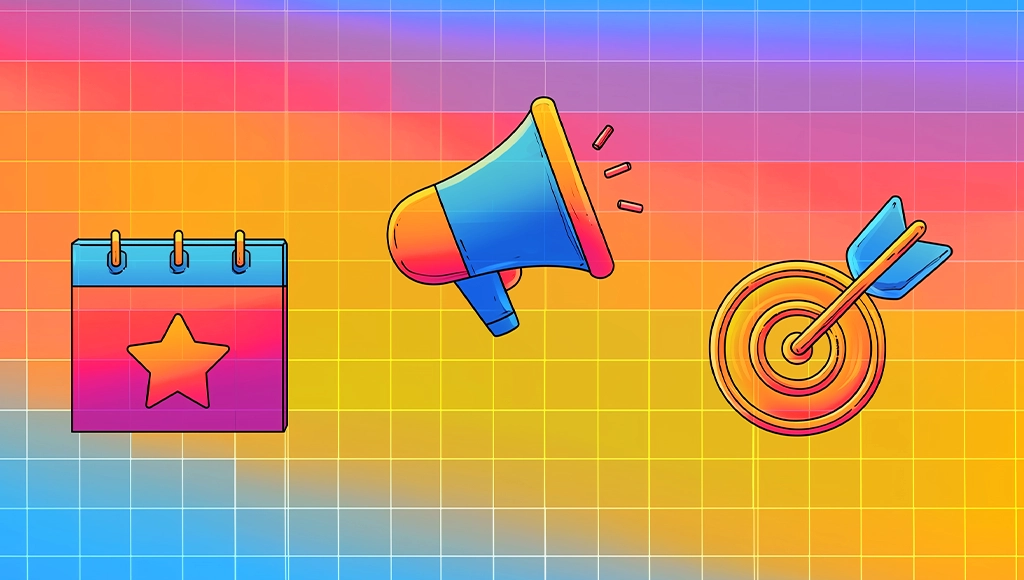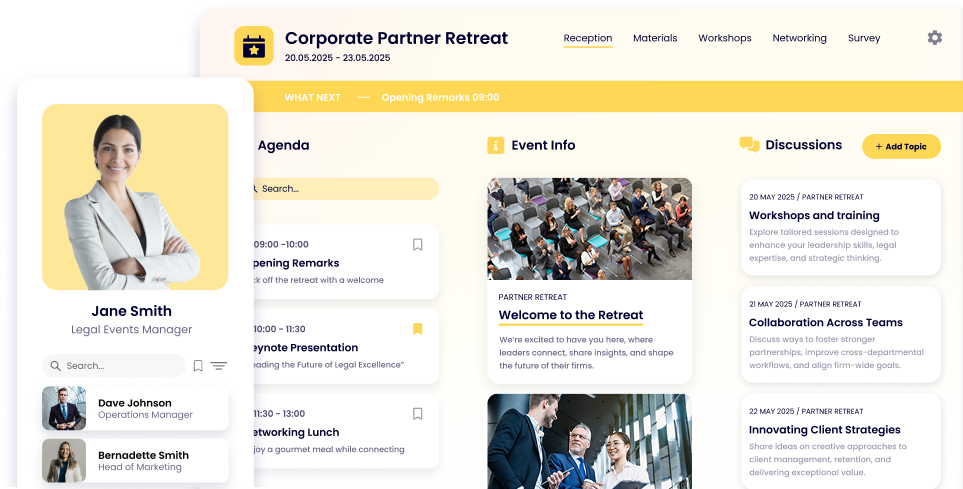Top Tips for Crafting an Effective Event Announcement

Lisa Broom | Head of Marketing
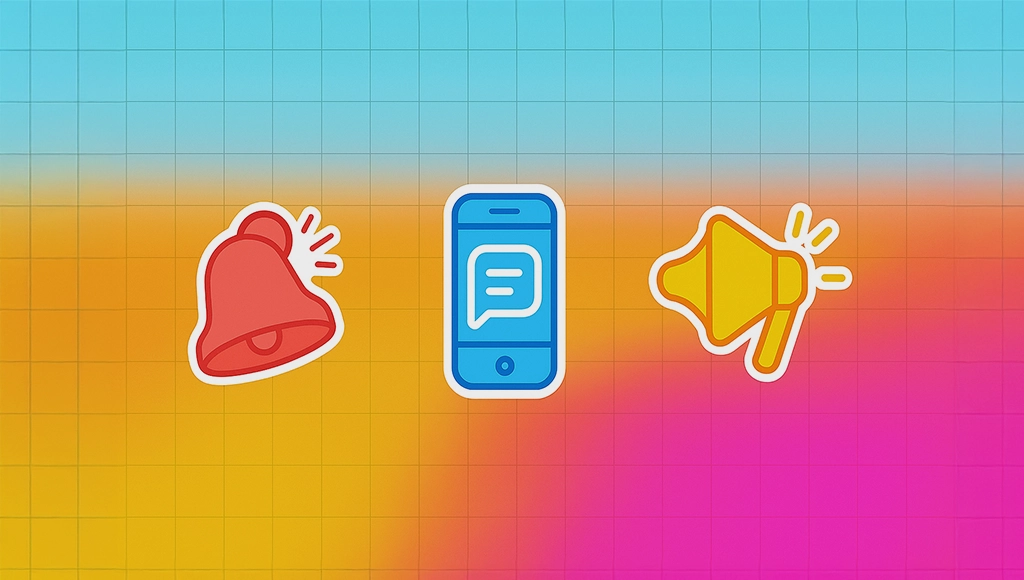
How can you make sure your event gets noticed? Crafting an effective event announcement is key. Whether you’re an event planner, marketer, or business owner, this guide shares top tips to help you create announcements that attract attendees and build excitement.
Key Takeaways
- Event announcements are essential for generating excitement and awareness, improving attendance through effective communication of key details.
- Utilizing multiple platforms and formats, including email and social media, broadens reach and enhances engagement with potential attendees.
- Incorporating urgency elements, personalizing messages, and leveraging influencer partnerships can significantly boost event visibility and participation.
What is an Event Announcement?
An event announcement is a public sharing of event details, serving as a formal notification of upcoming activities. Its primary function is to attract public attention and create anticipation. Whether it’s a conference, workshop, or social gathering, it is your first step in engaging with potential attendees.
These announcements can be delivered through various formats—written documents, emails, or online posts. The effectiveness of an announcement depends on its clarity and method of distribution.
Why Event Announcements Matter

Event announcements build hype and foster connections. They draw attention to your event, boost attendance, and elevate perceived value. Presenting events as immersive experiences sparks anticipation.
Benefits of effective announcements include:
- Increased visibility through teaser content and early bird promotions
- Higher registration rates by creating demand through limited access
- Broader reach when shared across channels
7 Key Components of a Successful Event Announcement
To ensure your announcement delivers:
Include these essentials:
- Event name, date, and time
- Venue and address or virtual link
- Registration instructions and pricing
- Discount offers and ticket tiers
Also include:
- Details on speakers, panels, and workshops
- Audience identification for targeted messaging
- Contact details or help links
These components not only inform but entice attendees to act.
Crafting Compelling Subject Lines for Event Announcements
Approximately 47% of recipients open emails based on the subject line.
Best practices:
- Keep subject lines between 6 to 10 words
- Personalize them to increase open rates by up to 50%
- Make them catchy and relevant
Examples:
- “Come Along for the Ride: Invitation to Our Annual Event”
- “Unveiling Innovation: Trade Show Preview”
Effective Email Announcements
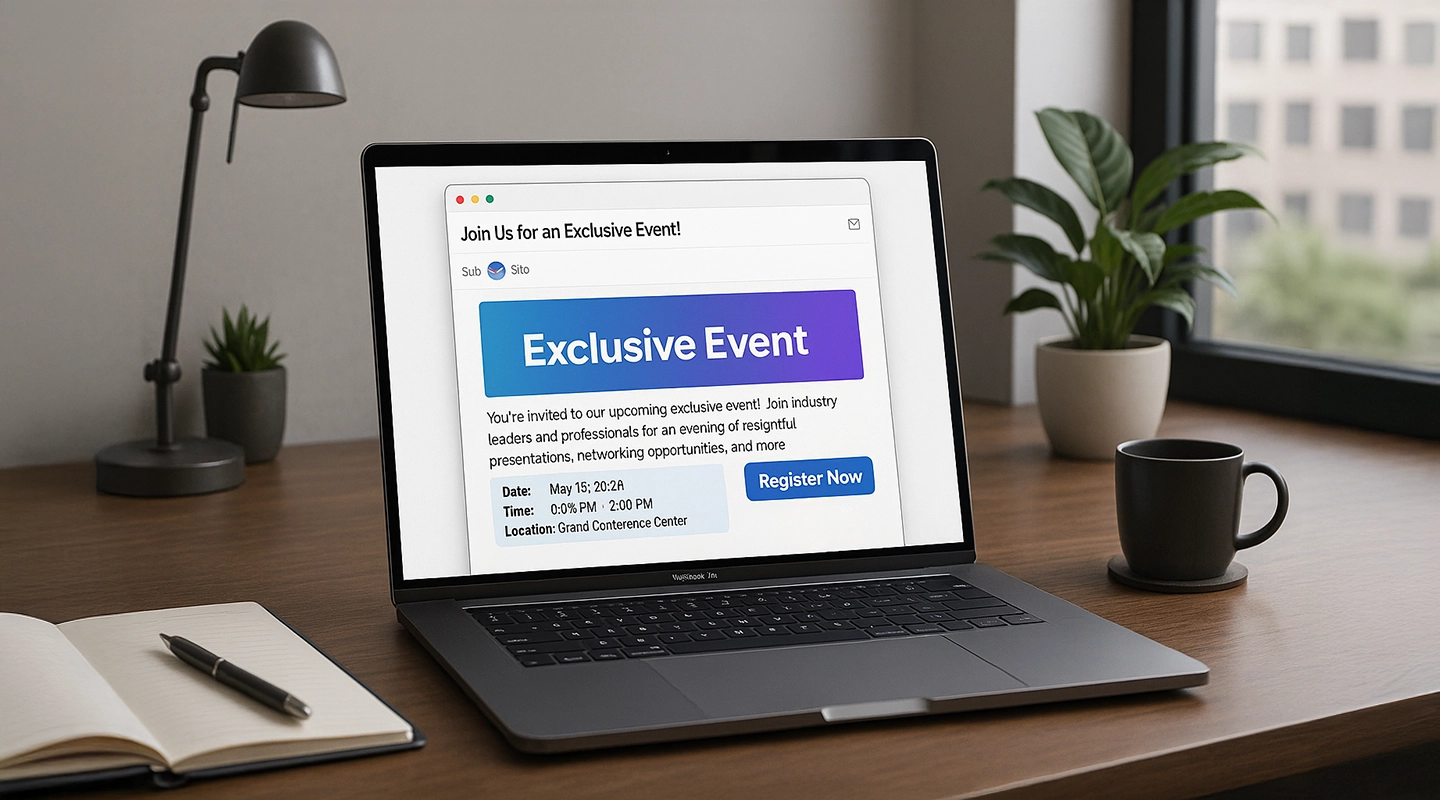
A great event email includes:
- A personalized subject line
- Engaging visual design
- Clear CTA buttons (Register, Learn More)
- Contact and support information
Maximizing Social Media for Event Announcements
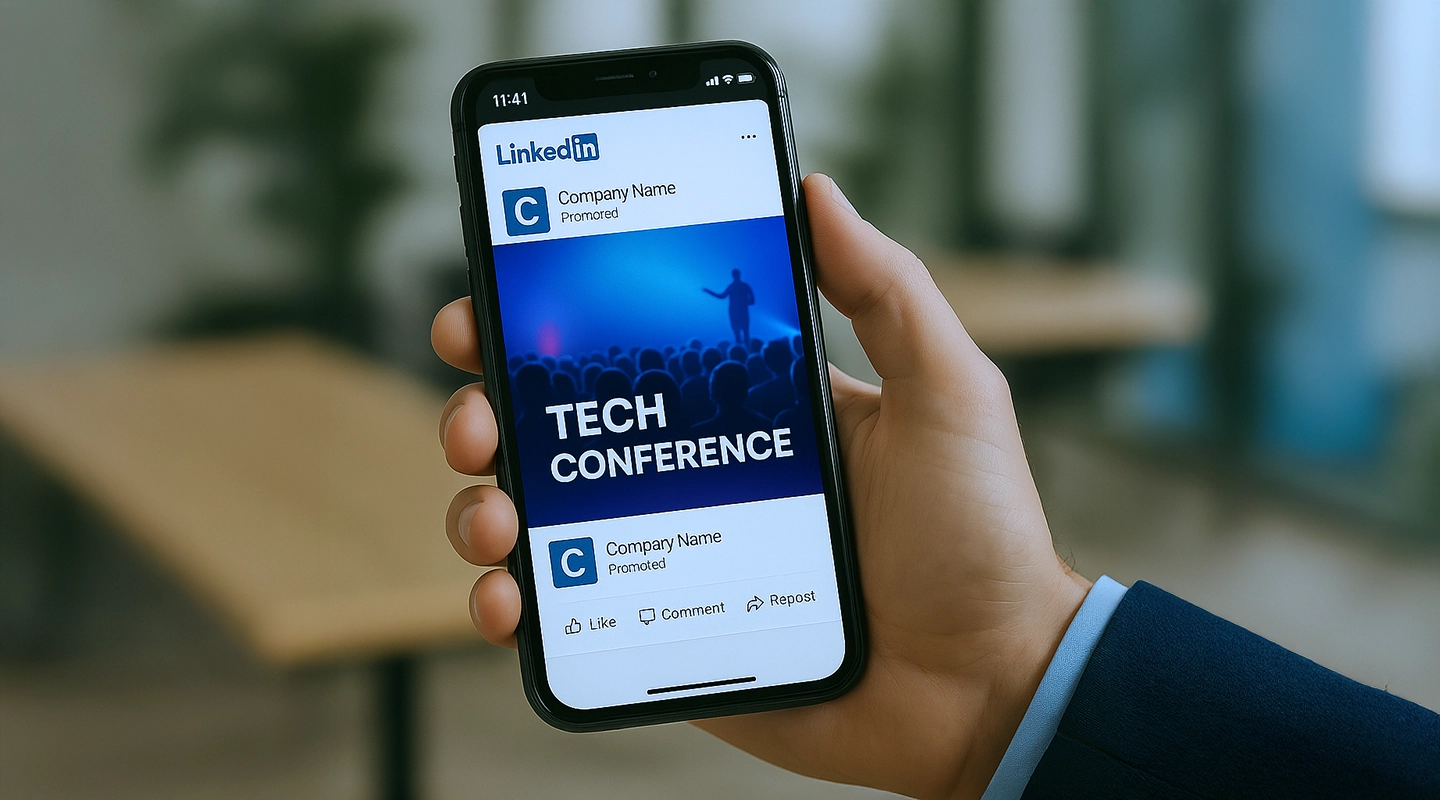
Platforms like Instagram, TikTok, LinkedIn, and Facebook can amplify reach and spark excitement.
Best practices:
- Use visuals and short videos
- Encourage sharing and tagging
- Engage via comments and polls
Tip: Use A/B testing to find what resonates with your audience.
Using Video for Event Announcements
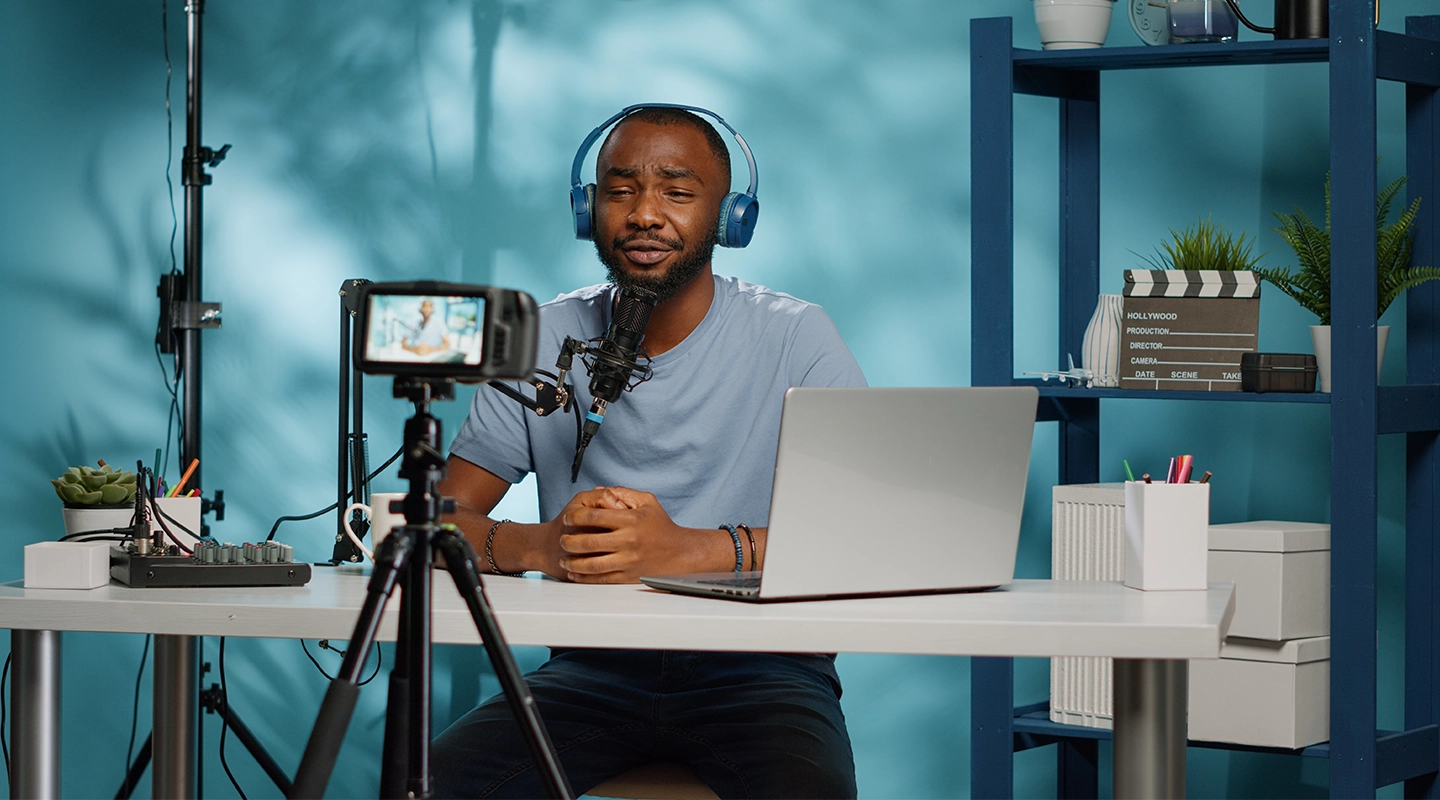
Video announcements are highly engaging, especially on:
- Instagram Reels
- TikTok
- Snapchat
Tips:
- Keep it short (15–30 seconds)
- Use authentic, mobile-shot clips
- Highlight exclusive content or speakers
Timing Your Event Announcement
Timing is everything. Announce your event:
- 6 to 8 weeks in advance
- On Tuesdays to Thursdays
- Between 9–11 AM or 1–3 PM
Avoid major holidays to maintain visibility.
Creating Urgency with Timed Announcements
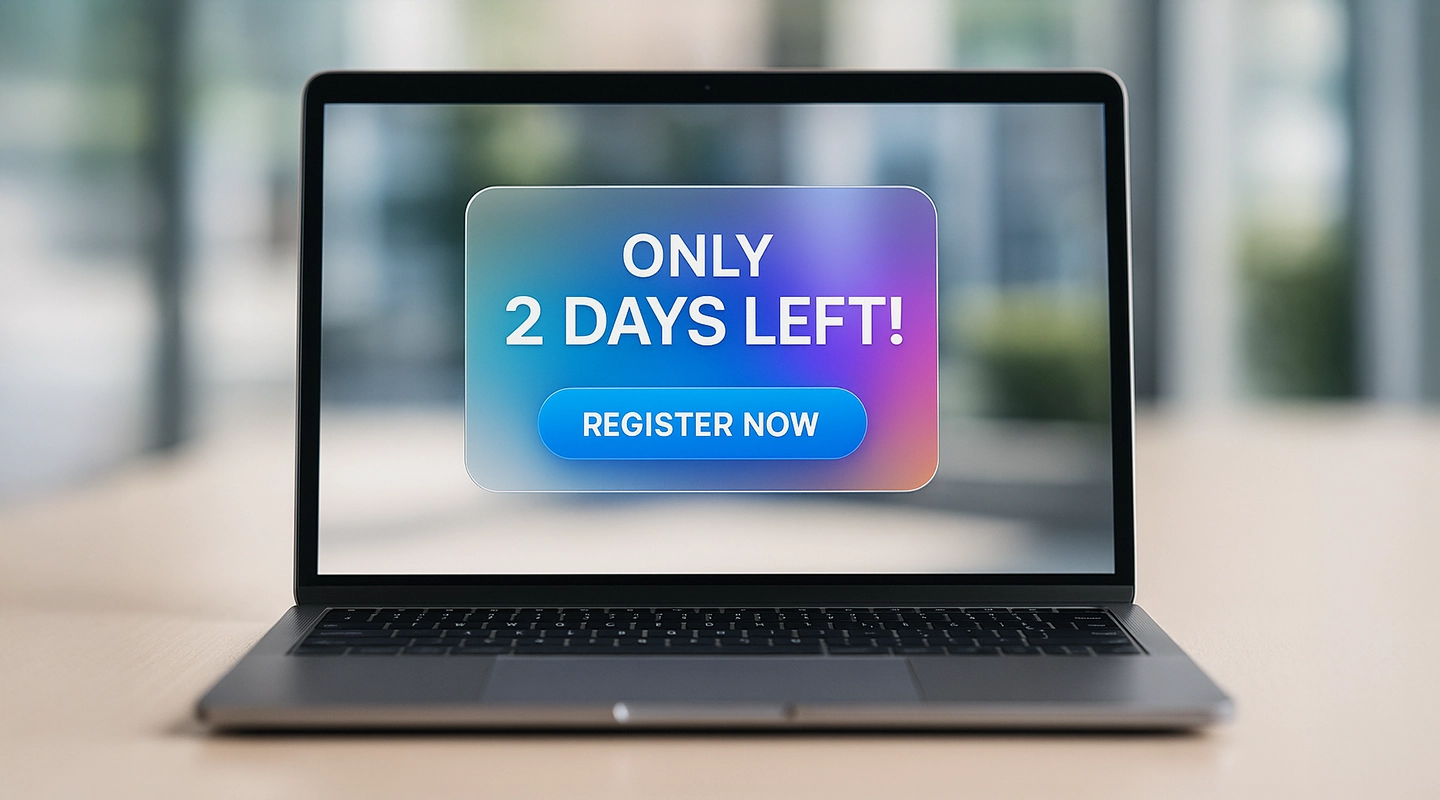
Create urgency by:
- Emphasizing limited seats or early bird deadlines
- Offering bonuses for first X registrants
- Using countdown timers in emails and landing pages
Customizable Event Announcement Templates
Templates help save time while maintaining consistency.
Look for templates that include:
- Editable colors, fonts, images
- Custom fields for date, time, RSVP
- Compatible formats for email, social, and print
Fliplet offers customizable, no-code event announcement templates that integrate email, mobile, and web platforms in one unified solution. Try it here.
Best Practices for Multi-Platform Sharing
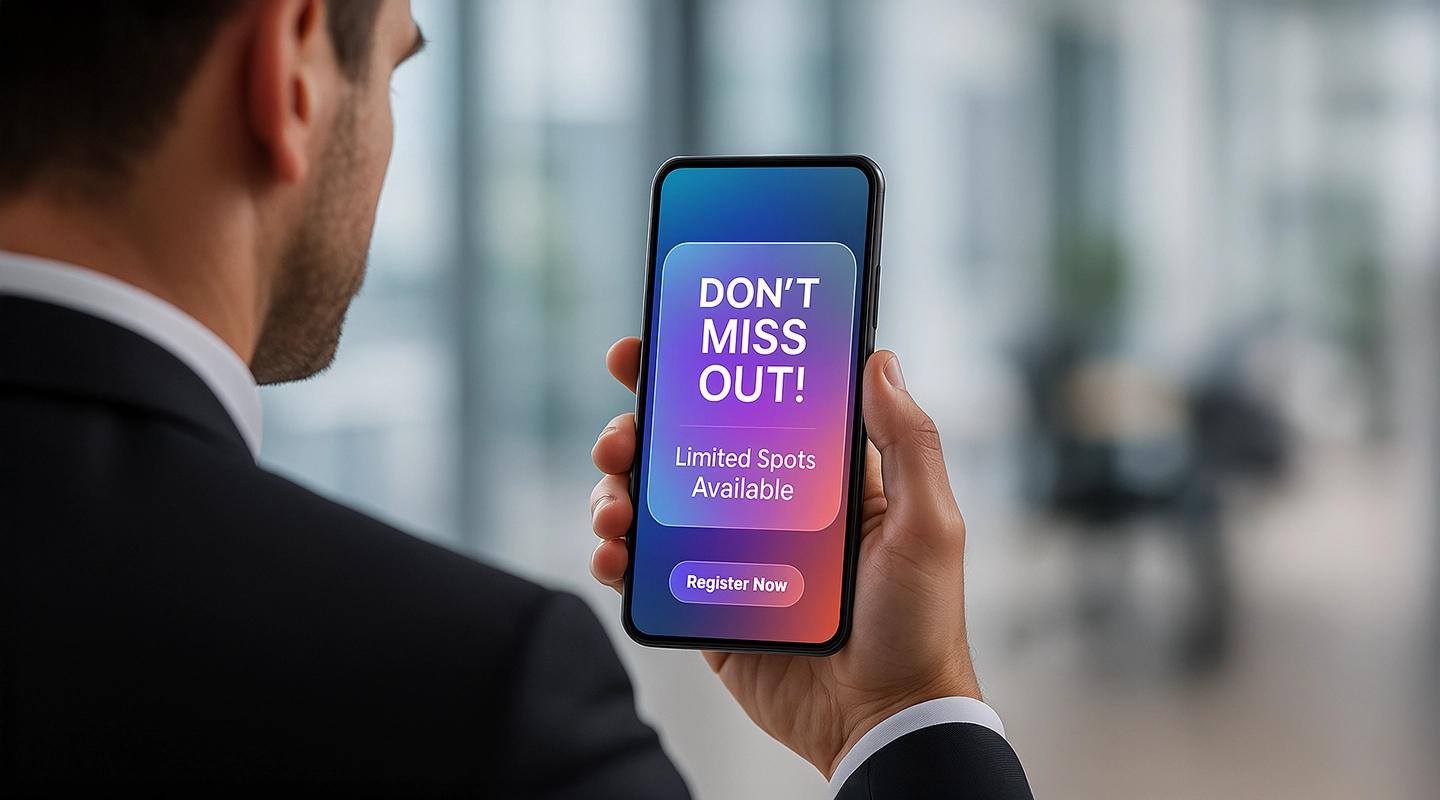
Maximize your reach with these practices:
- Customize content per platform
- Maintain brand visuals and tone
- Use video snippets and teaser posts
- Incorporate FOMO and countdowns
Leveraging Influencers for Event Promotion
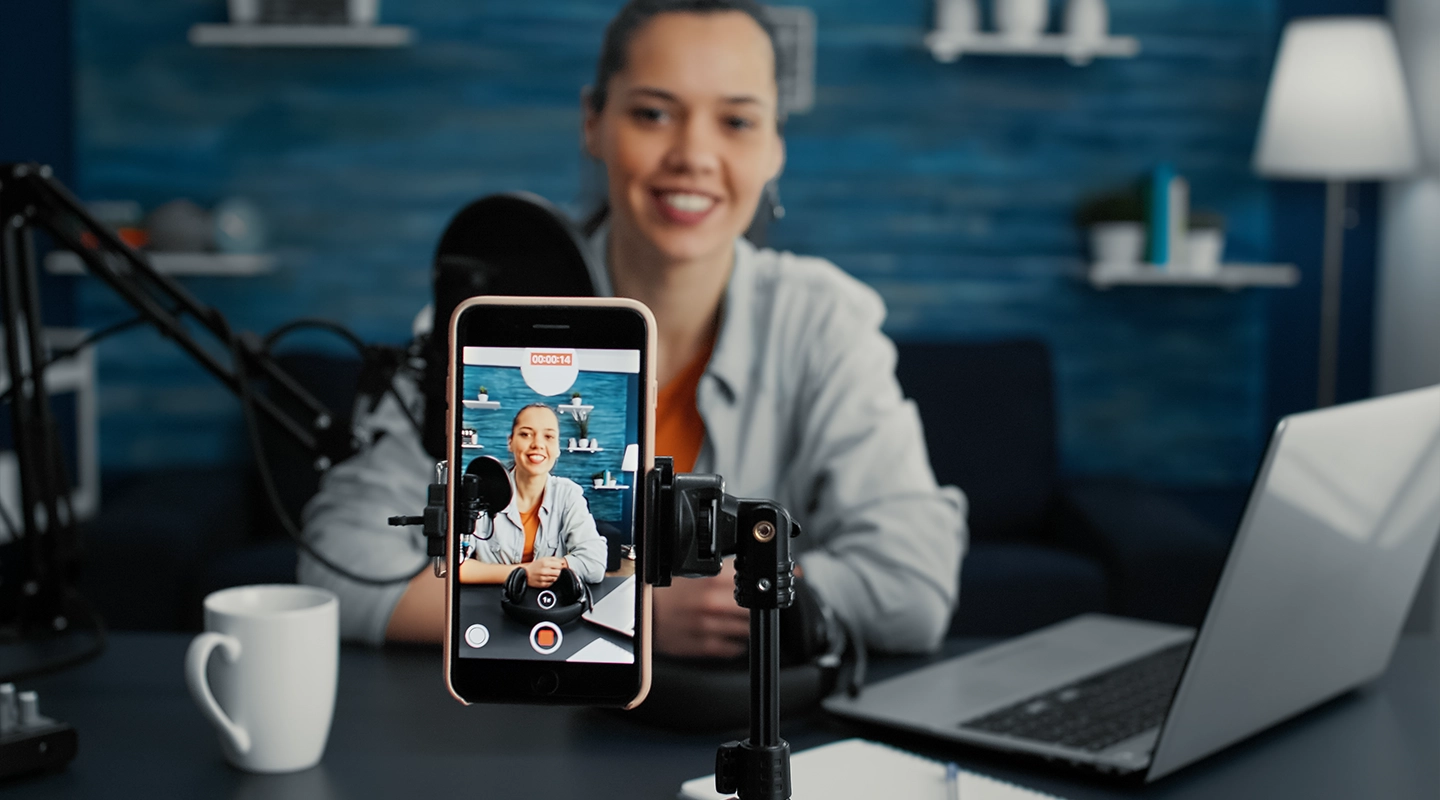
Influencers can help by:
- Sharing posts to wide audiences
- Creating authentic testimonials
- Hosting livestream Q&As or event previews
Offer value:
- Exclusive event access
- Sponsored deals
- Sneak peeks or giveaways
Measuring the Success of Your Event Announcement
Use SMART goals and measure:
- Email open/click rates
- Social shares and likes
- Landing page traffic
- Event registrations
- Post-event feedback
Tip: Ask influencers and attendees for feedback to refine future campaigns.
Summary
Crafting effective event announcements is crucial for any successful event. From catchy subject lines and strategic email design to leveraging video and influencer power, each tactic helps ensure your event gets attention.
By following these tips, you create announcements that inform, excite, and drive action. Remember, success lies in both your details and your delivery.
See how Fliplet’s Mobile Event App can benefit your next event.
FAQs
What are the key components of an effective event announcement?
An effective event announcement must include clear event details, registration information, identification of the target audience, and a compelling subject line to attract attention.
How can I create urgency in my event announcements?
Incorporate timed announcements and emphasize scarcity by highlighting limited availability. Encourage early registration and provide exclusive incentives.
What are the best platforms for sharing event announcements?
The best platforms include social media channels like Instagram, TikTok, LinkedIn, and Facebook, as well as email and video platforms.
How can I measure the success of my event announcement?
Track engagement metrics such as open and click-through rates, analyze website traffic, and gather post-event feedback.
How can influencers help in promoting my event?
Influencers can enhance event visibility by creating buzz, sharing genuine endorsements, and attracting a wider audience.


